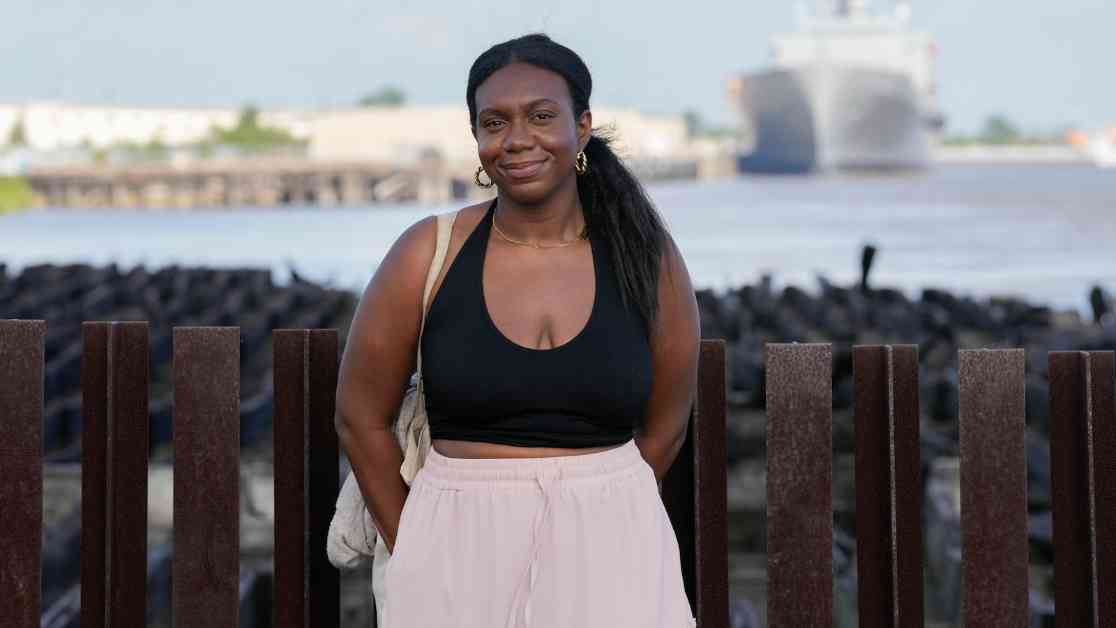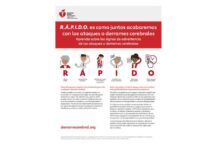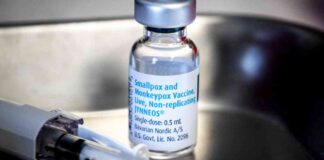Lauren Bell was feeling overwhelmed when she started her first job after college in New York City. She had been experiencing food poisoning symptoms for weeks and thought it was not going away. After a doctor’s appointment, she was diagnosed with irritable bowel syndrome (IBS). This surprising diagnosis led her to learn more about the connection between mental health and gut health, as well as the prevalence of digestive issues among women. Bell, who is now 27 years old, shared that working in a high-stress environment, living in the city, and adjusting to adult life took a toll on her body at the time of her diagnosis five years ago.
In recent times, there has been an increase in young adults, especially women, sharing their experiences with digestive problems on platforms like TikTok. While it’s unclear whether there is a rise in the number of people experiencing these issues or if the online conversation is leading to more diagnoses, experts have noticed a trend of more young individuals seeking help for gastrointestinal distress. Doctors believe that increased isolation during the pandemic has contributed to this surge in visits, particularly among younger age groups.
Anxiety and stress can play a significant role in digestive problems, as research suggests a connection between mental health and gut health. The pandemic has had a detrimental impact on the mental health of young adults, especially Gen Z and younger millennials, who have reported higher levels of stress and anxiety compared to other generations. Experts attribute this increase in anxiety to factors such as social media use for connectivity and heightened isolation during crucial developmental stages like high school and college.
While lifestyle changes, including dietary modifications, can help alleviate symptoms of IBS, healthcare professionals emphasize the importance of recognizing the link between stress, mental health, and digestive issues. It is crucial for individuals to seek professional medical advice rather than relying solely on online information, as misinformation about gut health remedies and treatments can proliferate on social media platforms.
Influencers like Nadya Okamoto and Lauren Bell have been instrumental in normalizing conversations about gut health, particularly among underrepresented groups. Okamoto, who openly discusses her struggles with IBS and menstrual health on TikTok, has highlighted the need for more candid discussions about bodily functions and health. Both Okamoto and Bell stress the importance of seeking guidance from healthcare professionals and caution against self-diagnosing or following unverified medical advice from non-professionals.
By sharing their personal experiences, these individuals aim to make information about gut health more accessible and break the stigma surrounding digestive issues. Bell, who is a Black woman, recognizes the lack of diversity in online health content and hopes to empower women of color to engage in open dialogues about their gut health. Ultimately, the goal is to create a more inclusive and informed community where discussions about gut health transcend gender, age, race, and ethnicity.

















